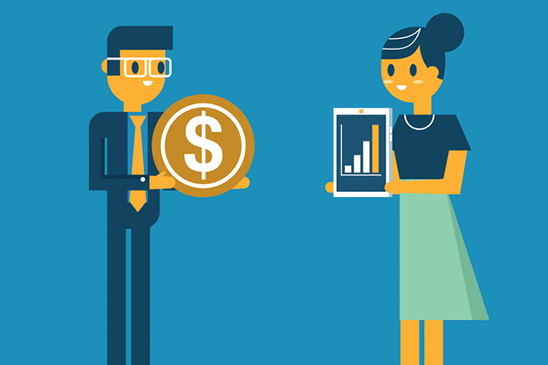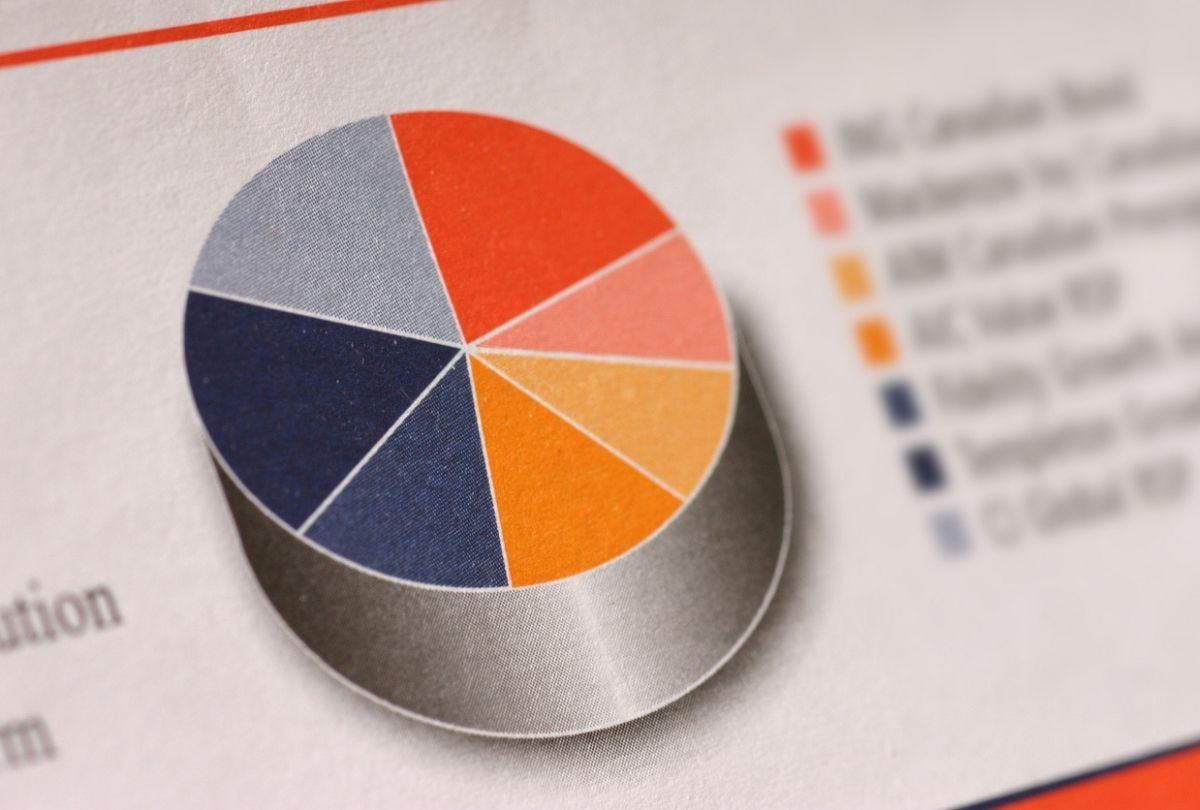Mutual fund fees and costs can vary widely from fund to fund for a variety of reasons, which is why it’s important to understand what you are paying for when you purchase or own a fund.
This article will help you learn about various fees, costs, and terms you may see when looking at a mutual fund. After you’ve looked at the content below, you may want to speak with a registered investment advisor for more information.
Mutual Fund Fees & Charges
Before you buy a mutual fund, make sure you understand the full scope of fees and charges you will pay. Over time, fees and charges can add up, affecting your long-term returns.
Funds can be purchased through a registered investment advisor or on your own through a registered discount broker. Before you buy, ask about sales charges, fund expenses, transaction costs, and account fees. If you don’t understand a fee, charge, or expense, ask more questions. Ensure your questions are answered, and that you are satisfied with the answers before purchasing any mutual fund.

If you are purchasing through a discount brokerage, you will need to research these questions yourself; don’t proceed until you are sure you understand the answers.
Since mutual funds are generally used as long-term investments, it’s important to understand all of the fees and costs associated with the investment you are considering. You should be comfortable that you are getting value for your money.
Mutual Fund Sales Charges
When buying a mutual fund, you may pay sales charges, which are paid when buying or selling a fund. Before investing, be sure to ask questions about what you will be paying and how your registered investment advisor or firm is compensated.
Here are four common sales charges to be aware of when investing in mutual funds:
- Front-end load (also known as Initial Sales Charges or ISC funds) – You pay these charges when you buy a mutual fund. These charges can vary from firm to firm, so it’s important to shop around. You can negotiate this fee with your advisor.
- Deferred sales charges (DSCs) – Some mutual funds charged you for selling your units or shares, which is why they are also referred to as back-end load funds.
The Canadian Securities Administrators (CSA) adopted a ban on Deferred Sales Charges (DSCs). The new rules which took effect on June 1, 2022, prohibit investment fund companies from paying upfront sales commissions to dealers.
Here’s how the DSC option generally worked:
- These mutual funds set out a schedule that outlined what you will pay when you sell.
- If you hold them to term – usually five to seven years – you may not be required to pay anything.
- Some funds allowed you to withdraw a percentage per year without paying – 10% is common.
- Your advisor’s firm receives a commission (usually about 5%) upfront from the mutual fund company when you bought the fund. Your advisor receives part of this commission.
Although you can no longer purchase new units or shares under the DSC, any units or shares purchased before the ban are still subject to the redemption fee schedule, which can be as long as seven years.
- Low load (also known as Low Sales Charges or LSC funds) – As of June 1, 2022, this variation of the DSC is also banned. These types of mutual funds charged lower fees when you bought or sold. If you hold your units for a specific amount of time – usually three years – you may not have to pay a fee for selling your units or shares.
- No load – Some mutual funds are sold on a no-load basis, which means that you pay no sales charge when you buy or sell. However, that doesn’t mean there are no costs associated with the fund. Funds still charge management fees and operating costs, which is included in the management expense ratio (MER).
Mutual Fund Expenses
In addition to sales charges, there are a number of expenses and fees that are important to be aware of when buying a mutual fund.
Management Expense Ratio (MER)
A mutual fund’s MER covers costs such as management fees, operating expenses, trailing commissions, trading costs, and bonuses. The MER is expressed as a percentage of the fund’s total assets. For example, if a $100 million dollar fund has $1.5 million in expenses, the MER is 1.5%. The MER is charged annually no matter how the fund performs.
You don’t pay management fees and operating expenses directly – the fund does. As a result, fees and expenses reduce the fund’s overall return to investors.
For example, let’s say Fund A and Fund B (both with similar investment holdings, strategies, etc.) total returns are 5.5% in one year before the MER is charged. Fund A charges a MER of 1.5% versus Fund B’s 1.75% and all other fees and charges are equal. MERs are taken out of the total returns when the fund reports, so the actual returns are 4% for Fund A and 3.75% for Fund B. In dollar terms, on a $10,000 investment, Fund A returns $10,400 versus Fund B, which returns $10,375. This adds up over time, especially when you factor in compounding.
Shop around and ask questions when you are purchasing mutual funds. If you aren’t happy with a fund’s MER, discuss options with your registered investment advisor. You may need to go to a different firm to find more fund options, as some firms and banks limit what their advisors sell.
Mutual Fund Trailing Commissions
The company managing the mutual fund will often pay a trailing commission (or trailer fee). This commission is for services and the advice provided to you. Investment firms may pay all or a portion of the trailing commission to your registered investment advisor. The trailing commission is accounted for in the fund’s MER, but it’s important for you to know what it is.
In September 2020, the CSA has adopted a trailing commission ban for dealers that do not make a suitability determination, such as online trading platforms that allow investors to buy and sell their investments on their own. The ban came into effect in all CSA jurisdictions on June 1, 2022.
Short-term Trading Fees
You may pay a short-term trading fee if you sell a mutual fund within a certain time period. These fees are meant to discourage fund investors from trading too frequently. Higher volume trading activity can increase the fund’s trading and administrative costs, thus decreasing the value of the fund.
Other Fees Associated with Mutual Funds
You may be charged other fees if you switch funds, open a registered plan, open or close an account, or transfer to another financial institution. Always go over these costs when talking to your registered investment advisor.
More Information on Mutual Funds
Our Mutual Funds page walks you through the things you should think about when purchasing or owning a fund.
The Canadian Securities Administrators (CSA) provides a downloadable document that describes mutual funds in more detail. Download the Understanding Mutual Funds report to learn more.
If you’re interested in reading more common investment terms, visit the InvestRight glossary.
Report a Concern
If you have any concerns about a person or company offering an investment opportunity, please contact BCSC Contact Centre at 604-899-6854 or 1-800-373-6393 or by e-mail at [email protected]. You can also file a complaint or submit a tip anonymously using the BCSC’s online complaint form.
InvestRight.org is the BCSC’s investor education website. Subscribe to receive email updates from BCSC InvestRight.


